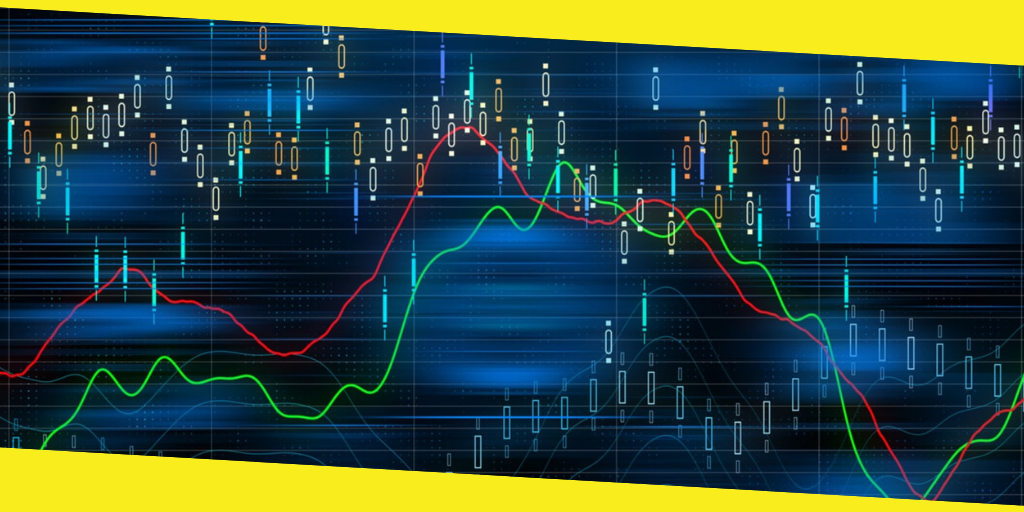How to Choose Your Forex Broker And Forex Trading Platform
This post was last updated on March 19th, 2024

Are you interested in forex trading and want to dip your feet in this lucrative opportunity?
And you should, because the foreign exchange market accounts for more than $4 trillion in average traded value every day. This makes it the world’s largest financial market and since there is no central marketplace for foreign exchange, you need to find yourself a good forex and CFD broker to help you with the trading activity.
But how do you select your broker and choose from some of the best forex trading platforms? In this blog post, we analyse the factors that you should check such as customer service, regulatory compliance etc. to find yourself the real deal.
Contents
Toggle1. Trading Costs
Trading costs vary for each broker or forex broking platform. Brokerages, charge their fees via the bid-ask spread( the amount by which the asking price exceeds the bid price for an asset in the market.)
The bid-ask spread at trading platforms varies in size based on the market conditions. So, traders might want to find brokers whose spreads are narrower on average to lower their total cost of trading in a series of trades.
It’s worth checking if the broker charges a commission for trading. These commissions may be calculated according to volume traded or on a fixed basis per trade. There are some other fees for no- compliance with account minimums, account inactivity or for any special brokerage services you use.
2. Trading Platform
Most brokers now offer their customers some type of trading platform for an account and trading access. The features on these forex trading platforms vary based on how sophisticated your account is and its overall cost. Some of the features include news feeds, charts, market analysis and price alerts.
You should check with your brokerage if they offer a demo account to test these platforms before you can begin trading.
Some of the best forex trading platforms will offer these and more features:
- A highly secure software. Which is mandatory for your trading platform to have password protection
- Access to all the markets and financial reports for you to stay up to date
- Charts for technical analysis of your investment
- Direct access to advanced and essential trading tools
- Real-time market data and analysis
Since forex trading is a highly competitive and fast-paced activity, you need to identify and use the trading platforms which combine flexibility with leading-edge technology.
3. Regulation
Retail forex trading is typically a lightly regulated activity. Based on the country and jurisdiction in which the forex brokers operate, they can and are often subject to some form of regulation to help protect the traders’ interests.
In the U.K. the Financial Conduct Authority (FCA) regulates forex trading. So, before you select your broker, you need to check how well is your broker regulated and where can you appeal in case of a dispute.
4. Dealing desk or no dealing desk trading
Another important factor to differentiate among brokers is to find out whether they offer a dealing desk or no dealing desk trading.
Some brokers might offer both.
If the brokerage operates as a dealing desk, it takes the other side of the trader’s position to make sure that the trader will always have access to a liquid trading environment. Here a trade can be executed regardless of the conditions in the interdealer market.
Obviously, this type of trading offers predictability and a guaranteed counter-party for trades. However, one disadvantage is that it might restrict your opportunities for gains as orders are filled by the broker on a discretionary basis.
As you may have guessed, no dealing desk (NDD) brokers don’t pass the client orders through a dealing desk.
They don’t take the other side of the client trade as they simply link two parties together. In no dealing desk trading, the trader has direct access to pricing conditions in the interdealer market. NDDs may either put a markup by increasing the spread slightly or charge a small commission.
In addition to these details, do check the reviews online and find out about their customer service. You need to have a thorough knowledge of trading platforms too before you decide to choose your broker.
Recommended For You
Life Insurance in Moncton NB – Top Life Insurance Agents
Most Inside
Most Inside offers high-quality recommendations and valuable updates to enhance all aspects of your life, providing premium guidance and enriching experiences.




